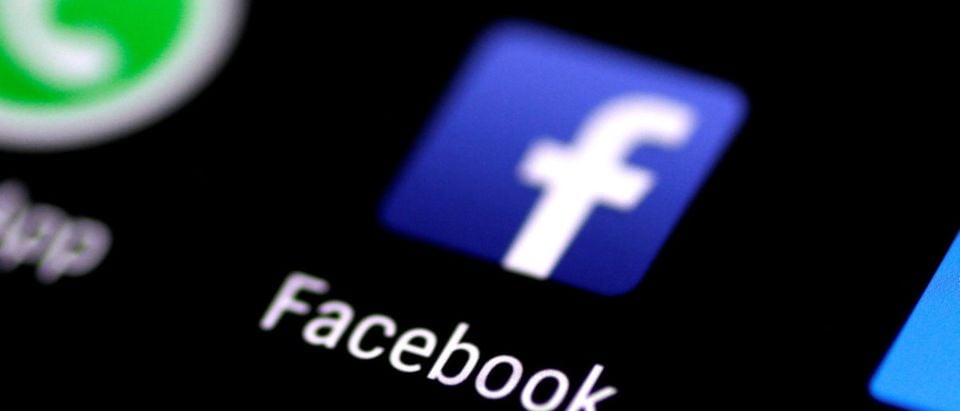Current U.S. policy rewards winner-take-all, Internet intermediaries like Google and Facebook that capitalize the benefits and socialize the costs of their businesses.
The U.S. Government also tolerates Google and Facebook’s maximization of their value by maximally shifting normal corporate liabilities, costs, risks, and responsibilities from themselves to everyone else.
How could this be?
A twenty-year-old U.S. law immunizes Google, Facebook, Twitter, and other online intermediaries from accountability for most any Internet activity they allow on their platforms, via an immunity from liability provision in Section 230 of the Communications Decency Act of 1996.
In 1996, when only ~3% of Americans were online, this immunity was a well-intentioned commercial loophole that helped protect a nascent commercial Internet grow up from its infancy.
Today when ~90% of Americans are online, the Internet pervades most everything, and a handful of winner-take-all companies dominate the Internet, Section 230 immunity has transmogrified into an online platform, Monopoly® “Get Out of Jail Free” card.
What Google, Facebook and the Internet Association self-servingly call their “safe harbor” provision, has deteriorated into a de facto, out of control, “safe haven” for sex traffickers, terrorist recruiters, criminal hackers and fraudsters, and foreign governments manipulating elections and fomenting social division in America.
Why does this corrosive Internet dynamic exist and persist?
The people who lead and run dominant Internet platforms know that courts have interpreted them to be practically immune from any accountability for harms or criminal activities that occur on their platform precisely because of their Section 230 immunity.
Thus, they know they have powerful, can’t-lose, business incentives to host all content, all users, and all advertisers possible, regardless of legality, public safety, national security, or ethics. They also have a much larger than normal profit incentive to automate everything to enjoy maximal unaccountability under Section 230, because whenever a human is involved, it lessens the legal immunity, and adds more risk and cost to the company.
As it turns out, Google and Facebook’s tacit role in last year’s election manipulation, is just the tip of the iceberg.
No surprise from this week’s oversight hearings, Congressional overseers have bipartisan concern with the unaccountability of Google and Facebook’s political advertising model, and their opposition to the Honest Ads Act, which would just require disclosure for online political ads like that which is required of offline political ads.
Tellingly, Google and Facebook’s commercial advertiser clients have similar problems with their unaccountability.
Procter & Gamble’s Chief Marketing Officer, Marc Pritchard, explained to the New York Times the out of control state of digital advertising that Google and Facebook dominate.
“The entire murky, non-transparent, and in some cases fraudulent supply chain is the problem. It’s a bigger problem than any one thing. There’s too much we don’t know and we don’t have validated. Ads showing up on objectionable sites, that’s bad. Ads showing up to bots through searching that’s bad. Ads that you place that don’t really get measured by a third party that validates what’s right – that’s not so good either. All we’re really asking for, is here’s what we are paying for, validate that we are getting it, so we can evaluate whether it is a good deal.”
The extraordinary unaccountability of Section 230 in the hands of unregulated monopoly online platforms is in full view in other congressional contexts — combatting sex trafficking, terrorism and crime.
Google and the Internet Association oppose current bipartisan House and Senate legislation (HR.1865 & S.1693) that would narrowly clarify that it was never Congress’ intent for Section 230 to immunize intermediaries from knowingly aiding and abetting the online sex trafficking of children.
Many terrorism experts believe Google-YouTube, Facebook, Twitter, and other social media have autonomously enabled and facilitated terrorist recruitment by not preventing, or promptly taking down, apparent terrorist recruitment posts, from apparent terrorist origins.
Facebook’s Section 230 immunity has legally condoned, Facebook’s live-broadcast of horrific crimes — torture, rape and murder.
In sum, technology liability immunity has spiraled out of control into an upside-down national unaccountability policy that rewards few and harms most Americans.
When U.S. policy effectively celebrates, protects, and rewards society-destroying corporate behavior, and it tolerates its corrosive unintended consequences on America’s democracy, national security, public safety, and civility, America sadly does not get what it deserves.
Irresponsible online platforms like Google, Facebook, and others, that believe they deserve immunity for aiding and abetting harmful behavior online that would never be tolerated offline, deserve to lose all their Section 230 immunity from liability — soonest.
Remember, one gets what one rewards and tolerates.
Scott Cleland served as Deputy U.S. Coordinator for International Communications & Information Policy in the George H. W. Bush Administration. He is President of Precursor LLC, an internetization consultancy for Fortune 500 companies, some of which are Google competitors, and Chairman of NetCompetition, a pro-competition e-forum supported by broadband interests. He is also author of “Search & Destroy: Why You Can’t Trust Google Inc.” Cleland has testified before both the Senate and House antitrust subcommittees on Google.
Views expressed in op-eds are not the views of The Daily Caller.


